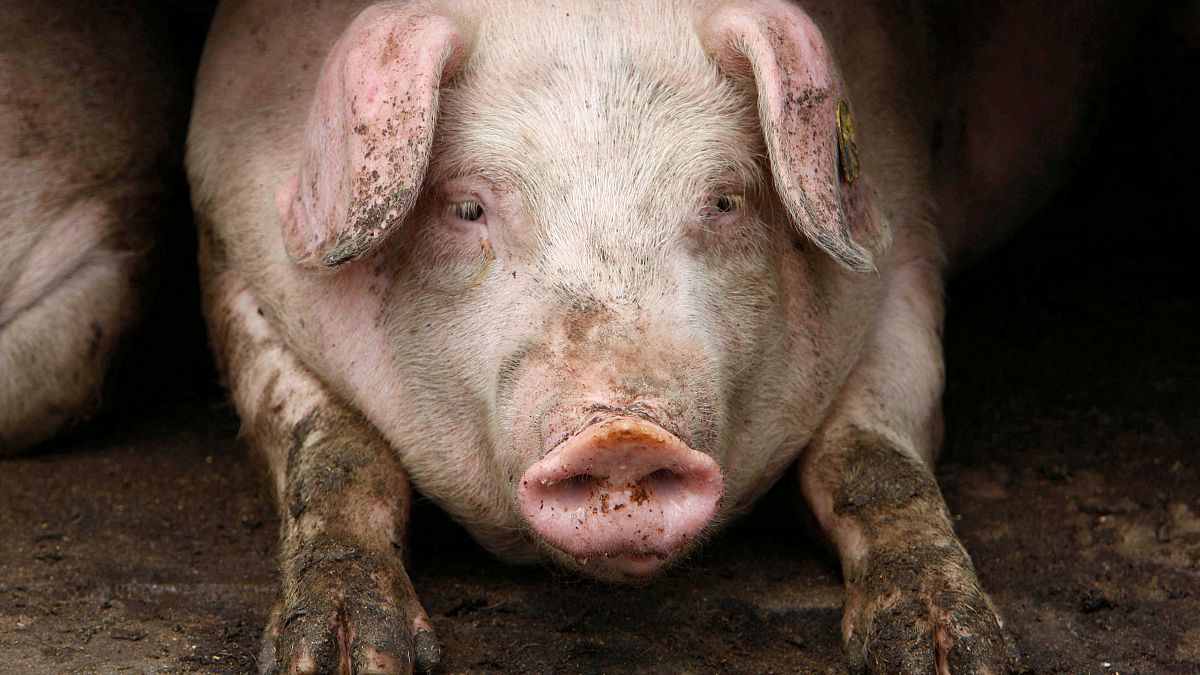A diplomatic row has broken out between Bulgaria and Romania over African Swine Fever (ASF).
A diplomatic row has broken out between Bulgaria and Romania over African Swine Fever (ASF).
Bulgaria’s prime minister, Boyko Borissov, accused Romanian tourists of bringing the disease and helping to spread it, according to local media.
Romania’s foreign ministry said it was “disappointed” with Borissov’s words and that tourists boost Bulgaria’s GDP.
Nearly 130,000 pigs have been killed in Bulgaria over the last two weeks in a bid to stamp out the highly contagious disease.
In Romania, 300 new outbreaks were reported in July.
This virus is carried by wild boar which can then mix with domestic pigs. This has the potential to then enter the domestic pork industry. Whilst swine fever is fatal for pigs, there is no threat to human health.
Borissov is reported to have said: “There are 57,000 cars crossing from Romania each day into Bulgaria. I’m sure the Romanian tourists brought the disease. They eat on the side of the road, throw the food remains that help spread the swine disease. They are walking around, eating and throwing the remains all over the place. There’s nothing we can do.”
Read more: Pork industry at risk as swine fever hits farms across Eastern Europe
In a statement sent to Euronews, Borissov's office said: "All possible measures have been taken in Bulgaria to control the spread of the African Swine Fever (ASF) across, in compliance with the Terrestrial Code of the World Organization for Animal Health and the Animal Health Law of the EC of 2016.
"Measures are in force at the border-crossing checkpoints to decontaminate incoming vehicles; leaflets are handed over to provide information about the disease and the possible transmission of the disease via food. Officers at the border-crossing points check for illicit transportation of pork that has not undergone heat treatment. Billboards have been mounted to inform about the existing risk and to recommend that large amounts of food products should not be carried."
His statement was made during an emergency meeting with officials and pig farmers from the most impacted regions in Bulgaria.
“The virus can survive for several months in fresh pork and processed pork products, which can be a risk for transmitting disease,” according to the Canadian Food Inspection Agency.
“One of the most common ways ASF is spread from country to country is through people feeding pigs uncooked food scraps that are infected with the virus.”
Last month, Bulgarian veterinary authorities said that wild boars swimming from Romania and across the Danube into Bulgaria were responsible for spreading the disease.
